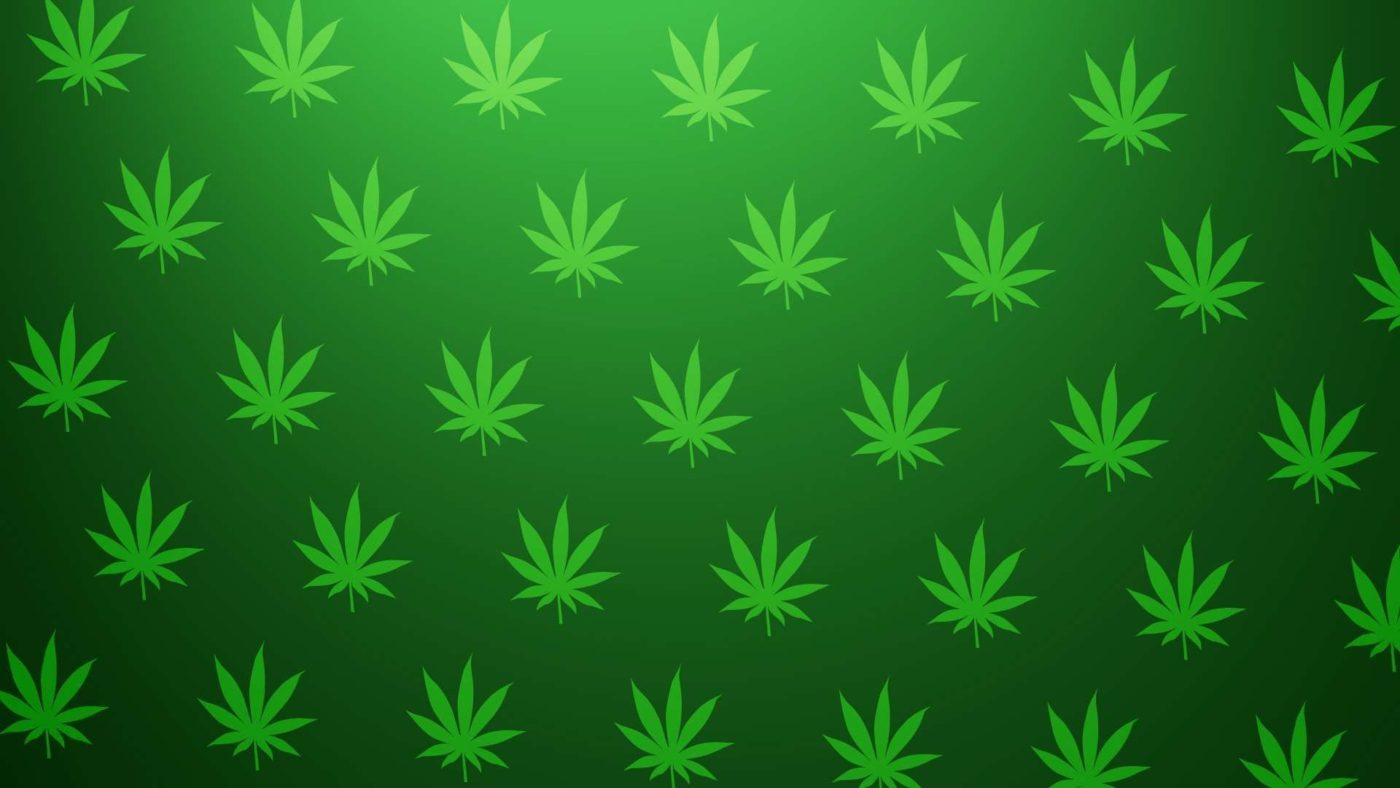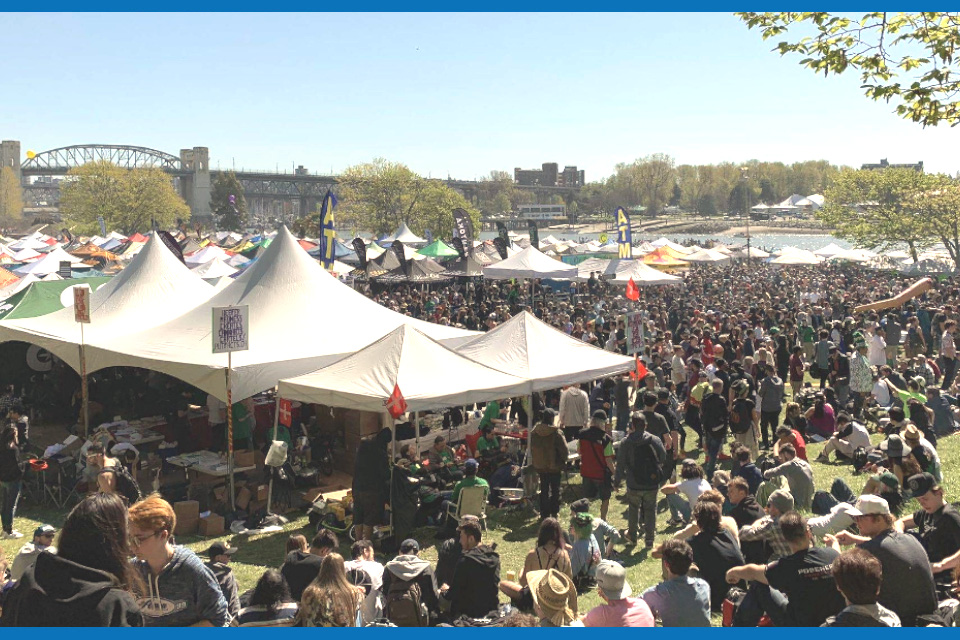Today, there are still very few countries in which cannabis is legal everywhere. However, the legalization of cannabis in Canada was a historic moment that will serve as a standard for others to follow. Canadian cannabis culture is what helped make the plant become acceptable, and celebrated; which then became legal in Canada before the vast majority of other countries, including the US. The cannabis culture of Canada is alive and well after legalization, and continues to educate, celebrate and inform.
The 420 Festival?
Cannabis users have, for decades, celebrated the twentieth of April (420) as an international day of cannabis commemoration. There are different stories about why cannabis fans chose the twentieth of April as the day of celebration. Some people believe that the police code for cannabis is 420, others link the number 420 to the Bob Dylan song “everyone must get stoned,” or to the number of compounds found in cannabis smoke.
The most likely story is that it started with high school students in 1971. At the end of the school day, they would meet up in the same spot at 4:20; to have some fun before heading home. The group of high school friends, known as “The Waldos,” would also search for a crop of abandoned cannabis plants that was rumored to be in the area. 420 soon became a code word to use around their parents when referring to cannabis.
The code spread from the youths to the members of the Grateful Dead band, which then began using 420 to refer to cannabis themselves. The term then gradually become common all over North America. In 1991, High Times magazine organized a festival around that date, and since then, it has been celebrated all over North America and elsewhere.
420 Celebrations and Festivals in Canada
Toronto, Vancouver, Calgary, Montreal, and Ottawa all have widely attended 420 festivals. As well as a large street party at Yonge-Dundas square, the Toronto festival also offers a comedy festival. Of most significant interest is a 420 film festival which provides a look at the newest cannabis-related cinema plus the films of decades past. There is also a pinball and video game tournament, plus plenty of live music.
As legalized cannabis becomes more linked to cannabis culture in general, the festivals found in other cities, like Montreal, have had significant impacts as well. Montreal is one of the most cannabis-friendly cities in the world. They allow users to smoke cannabis on sidewalks or anywhere else one can smoke a cigarette legally. The Montreal festival takes place outside with picnic tables, near the Mount Royal monument. Even the police tolerated the Montreal festival for a while before cannabis became legal.
Cannabis Activism and Advocacy
The fight to legalize cannabis everywhere in Canada took communities of activists decades to create the change we see and feel to this day. Dan Larsen is one of the most famous cannabis activists in Canada, fighting for cannabis legalization for more than thirty years. Dan Larsen organized cannabis festivals and is responsible for creating the Vancouver Dispensary Society; while also pushing a legalization referendum in 2013. Larsen does not believe that cannabis activism is of no further use, and reminds users that provinces and cities can enact more strict regulations. Larsen also argues that cannabis is still to rigidly controlled and that a black market will, therefore, coexist with the legal market.
Jodie Emery was formerly an editor of the cannabis culture magazine. Emery has spoken in favor of cannabis legalization in many countries throughout her life. Jodie Emery has argued that the criminalization of soft drugs gives power to gangs and causes increases in violent crimes. Emery explains that the legalization of soft drugs removes criminal control of drug purchasing and thereby reduces gang-related violence.
The Current State of Legalization
Cannabis is likely to remain legal in Canada for the foreseeable future. There are not enough people in favour of a return to prohibition to make such a change likely; as it would be politically unpopular. However, cannabis laws can still become more restrictive or less restrictive over time. If the laws become less restrictive, it may become legal to purchase cannabis in any liquor store in Canada. If the laws become more restrictive, on the other hand, than cannabis could be prohibited in many cities, and provinces. For this reason, the activist community that helped cannabis become legal across Canada will survive; as there are many legal battles left to win.
For more information on Canadian cannabis culture, and the on-going awareness and activism within the its community, check out Dana Larsen’s and Jodi Emery’s pages for helpful news and facts.


